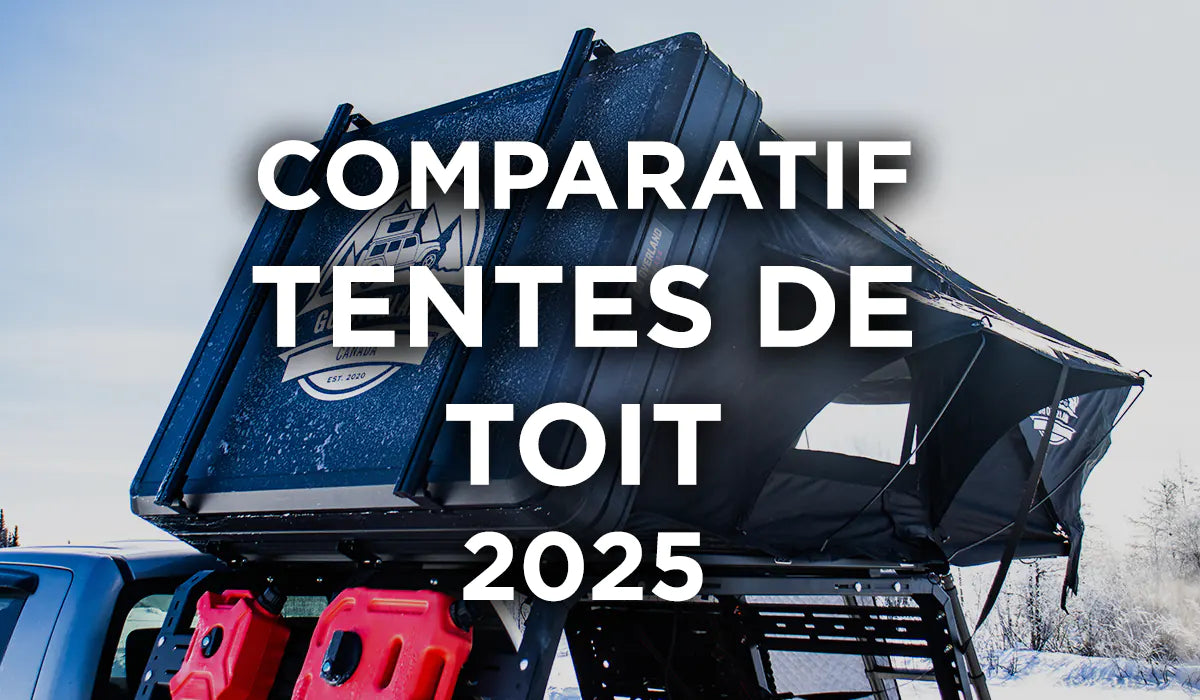Why and When to Heat Your Tent?
Camping isn't just for summer! 🌲 In winter or on chilly autumn nights, a tent heater can completely change your experience. It keeps you warm and comfortable while effectively pushing back the cold. After a long day of adventure, imagine stepping into a cozy tent, ready for a peaceful sleep. ❄️ For outdoor enthusiasts, heating a tent is a must-have for enjoying nature without sacrificing comfort.

Essential Questions about Heating a Tent
- How to Warm a Tent Without Electricity? ⚡
First, there are several ways to heat a tent without electricity. The most effective options are gas heaters and portable diesel models. These heaters generate heat quickly without needing an external power source. 🌟
- How to Heat a Tent in Winter or Cold Weather? ❄️
When camping in winter, maintaining a comfortable temperature is crucial. In this case, clean-burning gas and diesel heaters are ideal. These models are powerful and safe when used in well-ventilated spaces.
- Which Tent Heater Works for Rooftop or Ground Tents? 🏕️
For rooftop tents, which are smaller, a portable diesel heater with a hose kit is best. It provides steady heat without taking up space inside. Meanwhile, for traditional tents, a gas or kerosene heater can work. However, diesel remains the better option for better heat control and increased safety.

Types of Tent Heaters
- Propane Heater
A propane heater is a practical and efficient way to heat a tent. However, proper ventilation is crucial to prevent carbon monoxide (CO) risks ⚠️. Installing a CO detector is highly recommended to ensure safety. Additionally, the heater’s effectiveness depends on the tent size, which can affect its overall performance.
- Electric Heater
If you have access to electricity, an electric heater can quickly warm up your tent. This option is simple and safe, but it relies entirely on an electric power source. In remote areas, electricity may not always be available, limiting its use. Therefore, having backup heating options is essential when camping in the wilderness.
- Diesel Heater 🔥 (The Best Option)
A portable diesel heater is ideal for extreme weather conditions. It provides continuous and reliable heat, even in the coldest environments. Plus, it comes with pipe kits and batteries for easy installation, making it perfect for rooftop tents. Since the heater stays outside the tent, it eliminates the risk of carbon monoxide poisoning and harmful fumes.
- Mini Wood Stove 🔥
For a natural and effective heating solution, a mini wood stove is an excellent choice, especially for winter camping. It offers a steady and cozy heat source while creating a warm atmosphere. Its autonomy and eco-friendly operation make it a great alternative to gas or electric heaters.
Why Choose a Mini Wood Stove?
Natural and steady heat: Burns wood slowly for long-lasting warmth.
Multi-purpose: Can be used for cooking and drying clothes.
Safe design: Modern models come with airtight systems and chimneys for proper smoke evacuation.
Versatile: Suitable for small tents and large family tents alike.
For a detailed comparison of different mini wood stove models, check out our in-depth guide. This will help you pick the perfect heater for your winter adventures.
Natural Heat Sources
Simple solutions like thermal blankets, heated stones, and ground insulation can enhance your tent heating system. Although these methods are less powerful, they significantly help retain warmth. As a result, they improve overall comfort, especially in cold environments. 🌿
Portable Diesel Heater : The Ideal Solution?
A portable diesel heater for tent offers several advantages. First, it stands out for its reliability and power, making it a perfect choice for facing extreme temperatures. Additionally, it provides impressive autonomy, allowing you to enjoy multiple nights without needing a refill.
For both roof-top tents and ground tents, this type of heater is particularly beneficial. It is energy-efficient and practical, which is essential for extended trips. Plus, its easy installation with pipe kits ensures quick heating, even in freezing conditions. 🌡️
- Unlike gas heaters, a diesel heater is installed outside the tent, ensuring greater safety. ⚠️
By placing it outdoors, you eliminate risks associated with carbon monoxide and fumes. The heat is then directed inside via a hose, allowing you to position the heater at a safe distance, which is especially useful for roof-top tents. This setup guarantees a warm and secure environment without compromising safety. 🔥
Diesel Tent Heater Installation Guide
Place the heater outside the tent, ensuring it’s far from flammable materials.
Connect the exhaust pipe to direct fumes away from the air intake.
Attach the hot air hose to the unit and extend it inside the tent.
Secure all hoses properly to prevent leaks or obstructions.
Check the battery connection (if applicable) to ensure the heater runs smoothly.
For roof-top tents, use a longer hose if needed while maintaining a proper setup.
This way, the warm air circulates inside without exposing your tent to fumes or combustion risks. 🔥
How to Heat a Tent Without Electricity 🔥
Staying warm in a tent without electricity is possible with a portable diesel heater. To power it, you can use a portable power station, which is usually enough to run the heater for several hours.
Always place the heater outside the tent for safety. The battery powers the device, offering an independent and flexible heating solution for your adventures. This way, you can enjoy a cozy tent, even in freezing conditions, without needing access to electricity. 🌟
Essential Safety Tips
Ventilation and Airflow
Proper ventilation is crucial to prevent CO2 buildup and ensure fresh air inside the tent.
A diesel heater has a key safety advantage: since it is placed outside the tent, it greatly reduces the risk of carbon monoxide poisoning. The warm air is directed inside through a separate hose, providing maximum safety and efficient heating. 🌬️
Equipment Check Before Use
Always inspect your heater before use to ensure everything is in good condition. Check the hoses, connectors, and fuel tank for leaks or damage. Regular maintenance ensures safe operation and optimal heating performance.
Vérification de l’Équipement
Avant chaque utilisation, vérifiez soigneusement l’équipement pour en assurer le bon état. Contrôlez les tuyaux, les connecteurs et les réservoirs de carburant pour détecter toute fuite ou dommage. Un entretien régulier garantit la sécurité et maximise l'efficacité du système de chauffage.
Best Uses for Rooftop Tents & Winter Camping
Rooftop Tent Travelers
A diesel heater is especially useful for travelers using rooftop tents. These compact setups are more exposed to the elements, making external heating essential for comfortable and safe winter camping.
Practical Winter Scenarios
This heating solution is a must-have for winter camping or cold-weather road trips. It keeps your tent warm and livable, even in extreme outdoor temperatures. ❄️ This way, your camping experience is safer and much more enjoyable.

FAQ & Quick Summary
Run Time: Diesel heaters can operate up to 24 hours depending on the model and fuel tank size.
Cost: Fuel consumption is affordable, making it a cost-effective solution.
Maintenance: Regular filter checks and fuel refills are enough for proper function.
Best for: Rooftop tents and cold-weather camping, providing safe and efficient heating.
Additional Gear for Maximum Comfort
To maximize efficiency and safety, consider pairing your diesel heater with:
✅ Heat-resistant ducting kits
✅ CO detectors for extra safety
✅ Thermal insulation & reflective tarps for added warmth
These accessories enhance your heating setup, ensuring you stay warm and safe in your winter tent! 🔥🏕️








